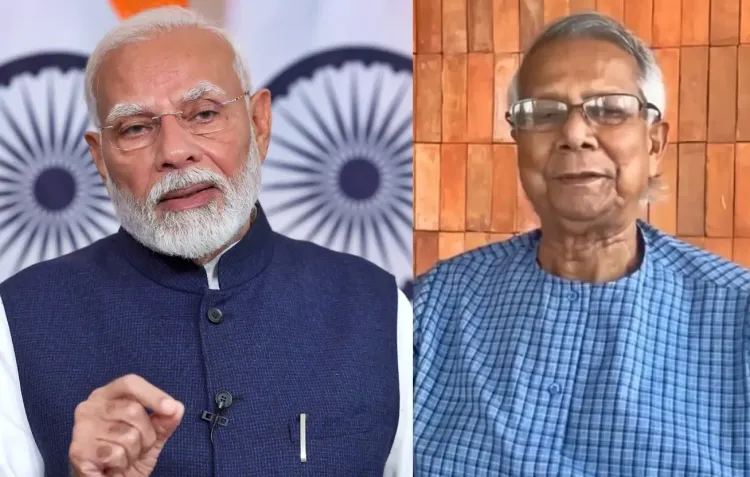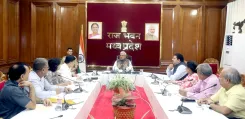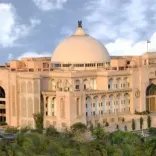Bangladesh Anticipates Meeting Between Yunus and PM Modi at BIMSTEC Summit

Synopsis
Key Takeaways
- Bangladesh to chair the upcoming BIMSTEC summit.
- Potential in-person meeting between Yunus and Modi.
- Focus on enhancing regional cooperation through BIMSTEC.
- Recent political turmoil in Bangladesh affects relations with India.
- Restoration of democracy crucial for improving ties.
Dhaka, Feb 12 (NationPress) The interim government of Bangladesh, headed by Muhammad Yunus, is set to participate in the 6th Bay of Bengal Initiative for Multi-Sectoral Technical and Economic Cooperation (BIMSTEC) summit in Bangkok, Thailand, from April 2-4.
This event raises hopes for the first-ever face-to-face dialogue between Yunus and Prime Minister Narendra Modi during the summit's proceedings.
While there remains a chance for the two leaders to connect through the BIMSTEC platform, no arrangements have been confirmed yet, according to a Bangladeshi official cited by the leading newspaper, Prothom Alo.
At the summit, Bangladesh will assume the role of the next chair of BIMSTEC.
As the chair, Bangladesh will have the chance to spearhead BIMSTEC initiatives, fostering cooperation across various domains while collaborating closely with all member states, allowing Bangladesh to reaffirm its commitment on a global stage, as stated by BIMSTEC Secretary General Indra Mani Pandey in an interview with The Dhaka Tribune.
The summit will take place in Bangkok, where BIMSTEC, a regional entity founded in 1997 through the signing of the Bangkok Declaration, continues to evolve.
Originally known as BIST-EC (Bangladesh-India-Sri Lanka-Thailand Economic Cooperation), the group expanded and became BIMSTEC, currently comprising seven member nations, including Myanmar, which joined in December 1997, along with Bhutan and Nepal in February 2004.
BIMSTEC is often viewed as a potential substitute for the South Asian Association of Regional Cooperation (SAARC). As SAARC faces stagnation, India has proposed an enhanced focus on BIMSTEC to boost regional collaboration.
India's engagement with BIMSTEC is in line with PM Modi's Act East Policy, which aims to strengthen economic, strategic, and cultural ties across Southeast Asia.
The expected meeting between Yunus and PM Modi carries weight due to the deteriorating relationship between the two neighboring South Asian countries following the ousting of former Prime Minister Sheikh Hasina in a coup on August 5 last year.
Since then, Hasina has sought refuge in India, while Muhammad Yunus leads the interim government in Bangladesh. This situation has led to a rapid decline in Indo-Bangla relations.
The interim regime in Bangladesh has faced criticism due to ongoing mob violence, vandalism, and the persecution of Hindus, further straining diplomatic ties.
In this context, the BIMSTEC summit is viewed as a potential opportunity to mend relations between India and Bangladesh and alleviate diplomatic tensions.
However, the trajectory will depend largely on the interim government’s efforts to restore democracy and protect minority rights.







